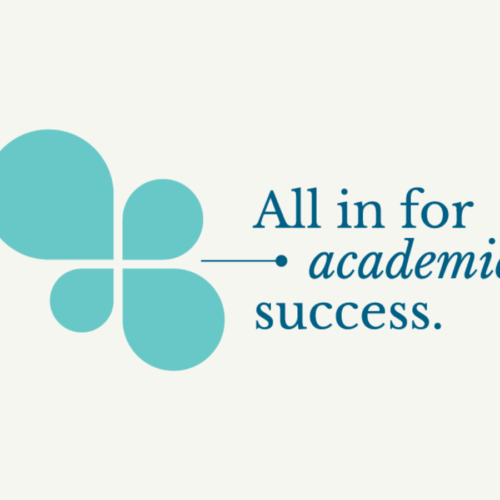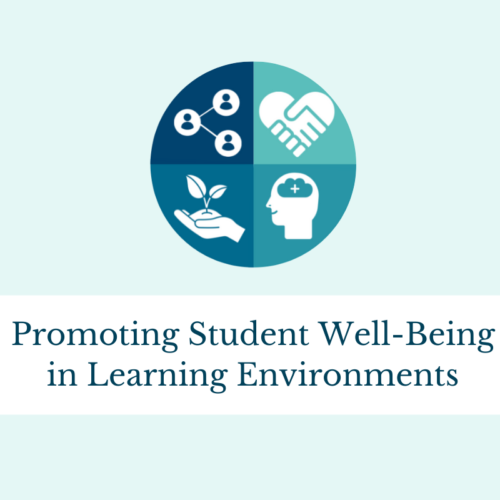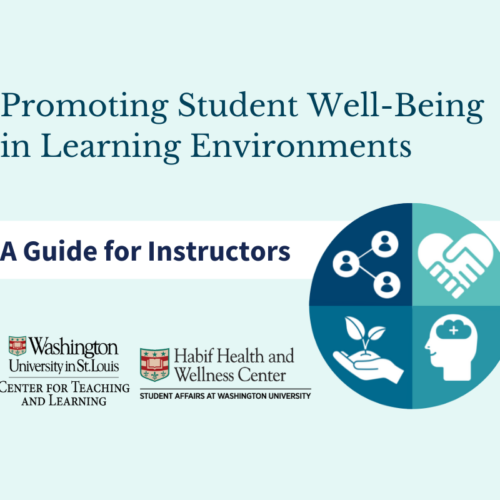Designing Pedagogical Approaches for Today’s Student
“As educators, we need to lead the way and design our pedagogical approaches for the students we have, not the students we wish we had,” writes Sara Goldrick-Rab, founder of the Hope Center for College, Community, and Justice and professor of higher-education policy and sociology at Temple University, and Jesse Stommel, executive director of the division of teaching and learning technologies at the University of Mary Washington, in a recent op-ed in The Chronicle of Higher Education. In the article, the pair rebuts an essay published last month in The Chronicle by Nancy Bunge, “Students Evaluating Teachers Doesn’t Just Hurt Teachers. It Hurts Students.” Bunge in her essay attacks student evaluations, arguing that the “unearned arrogance encouraged by the heavy reliance on student evaluations helps produce passive, even contemptuous students who undermine the spirit of the class and lower its quality for everyone.”
Today’s college students face more challenges than previous generations and faculty must respond with inclusive and compassionate teaching, the Goldrick-Rab and Stommel write in the op-ed. They agree that student evaluations on sites such as Rate My Professors are inherently flawed, but they also write that students should not be blamed. Rather, faculty and universities should concentrate on ways to incorporate students’ voices into decision-making. “We need more, not fewer, ways to listen for the voices of students reflecting on education. We need more, not fewer, ways to include students in conversations about the future of teaching and learning in college. These conversations cannot begin by sending a signal to students that their voices don’t matter,” write Goldrick-Rab and Stommel.






